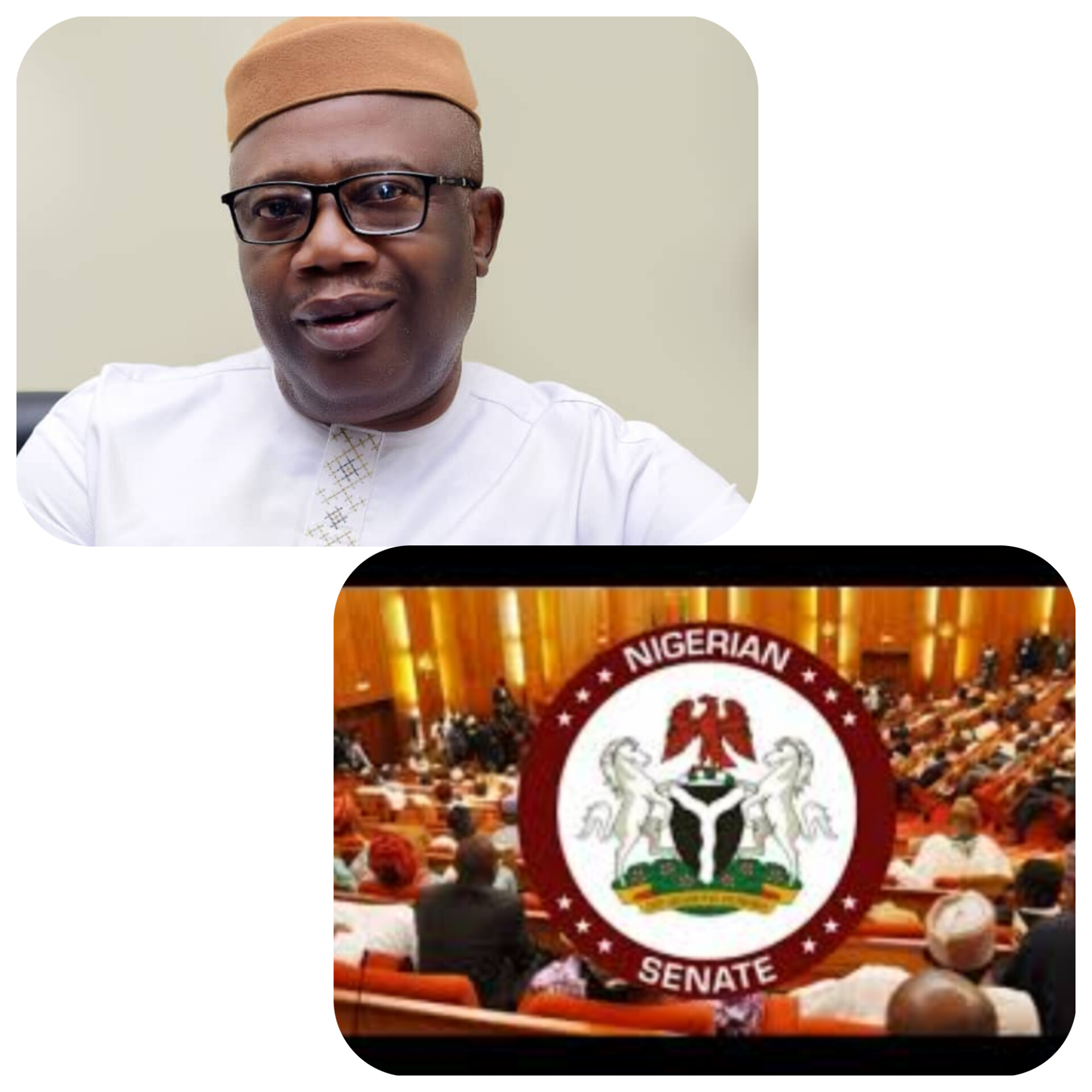Nigeria clears $1.61bn IMF debt, ends decades-long financial burden. By Dally Iyamu

Nigeria clears $1.61bn IMF debt, ends decades-long financial burden

Nigeria has cleared its $1.61 billion (N2.59 trillion as of May 7, 2025) debt to the International Monetary Fund (IMF), officially exiting the list of countries owing the global financial institution.
A review of the IMF’s website by IntelRegion on May 7, 2025, confirmed Nigeria’s removal from the debtors’ list, signalling a major milestone in the country’s fiscal reset.

Data obtained from the reputable analytics firm StatiSense showed that the debt was settled gradually: from $1.61 billion on July 28, 2023, to $1.37 billion on January 5, 2024; then to $933.03 million on July 10, 2024; $472.06 million on January 8, 2025; and finally, the remaining balance was cleared by May 6, 2025.
An official statement from the IMF confirming the development said the final repayment marks the end of a decades-long financial burden that had weighed heavily on Africa’s most populous nation.
Legacy debts refer to obligations inherited from past administrations, often encompassing arrears owed to international creditors, bilateral partners, and domestic contractors.

IMF Managing Director Kristalina Georgieva commended the Nigerian government for its “decisive fiscal management and commitment to long-term economic reform.”
She noted that the milestone represents “a critical turning point for Nigeria’s economic trajectory and global credit standing.”
Reacting to the news, O’tega Ogra, Senior Special Assistant to President Bola Ahmed Tinubu on Digital Engagement, Strategy, and New Media, described the repayment as a sign of discipline, reform, and a strategic reset by the Tinubu-Shettima administration in restructuring the country’s finances for a more prosperous future.
“As Nigeria closes the chapter on these legacy debt obligations, we are better placed to strengthen our fiscal credibility and show the world and ourselves that Nigeria is serious about managing our economy with responsibility and vision,” he stated in a post on X (formerly Twitter).
He added that this development does not signal the end of Nigeria’s relationship with the IMF, noting that the country remains a member and can seek support from the institution if necessary.
Ogra explained that Nigeria will continue to engage with the IMF and other global institutions: “because global partnerships like the IMF remain valuable allies, especially in a world defined by volatility and uncertainty.
The difference now is that any future engagement will be proactive, not reactive and based on partnership, not dependence.”




